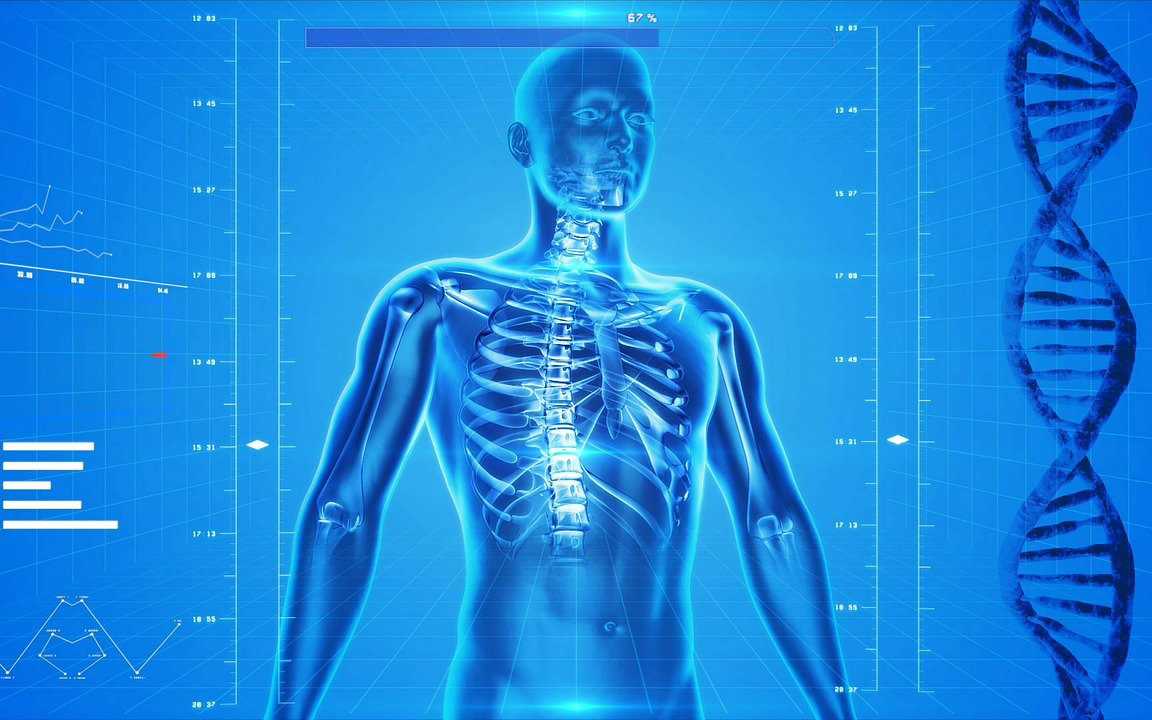
Human Health and Disease
Learn about biological aspects of both health and pathology, and the biological underpinnings of medical research.

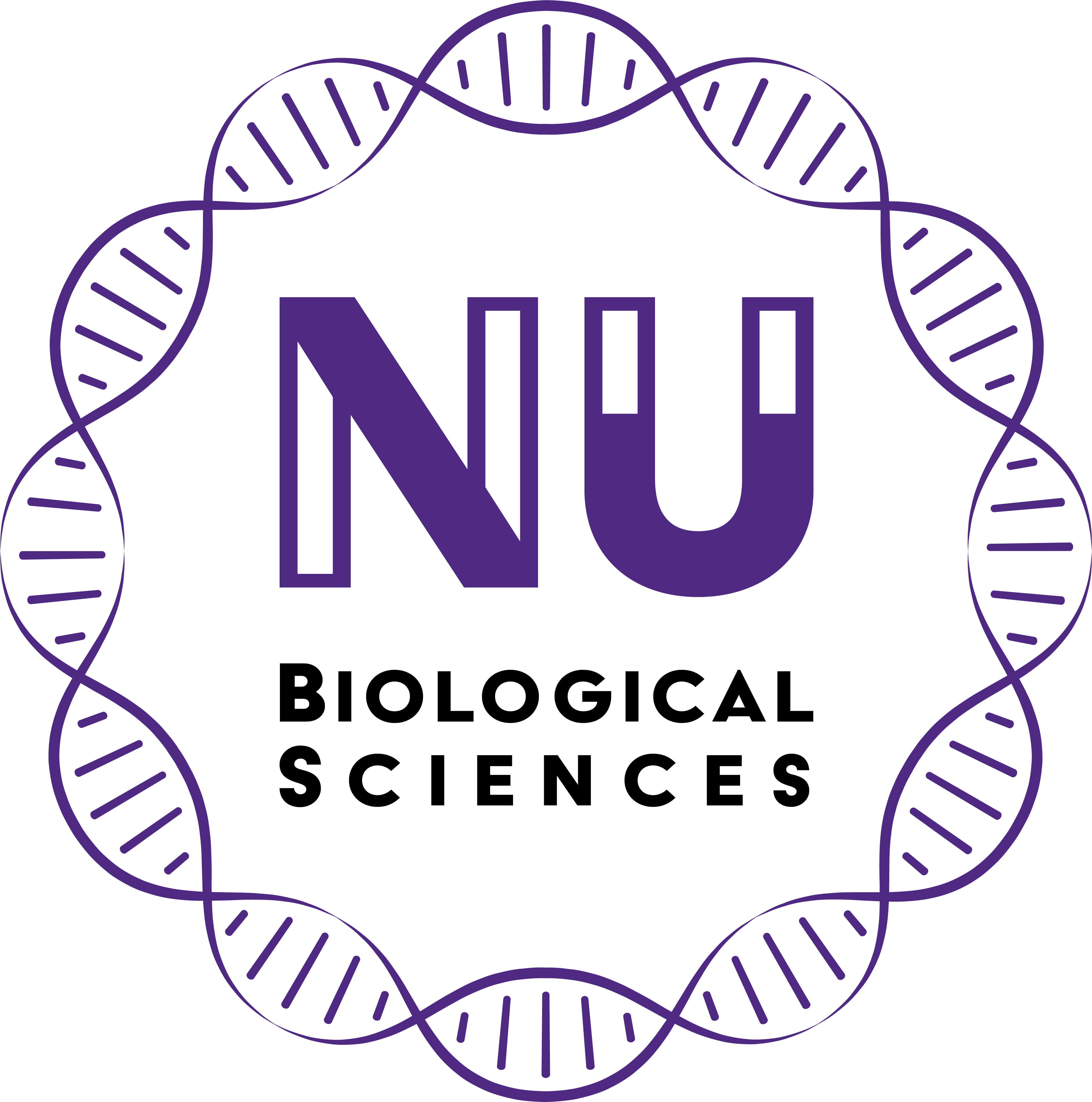
Biology is the science of living systems, from molecular and cellular to organismal and ecological levels. Biology is also a living science that continues to make new and exciting discoveries revealing adaptations and relationships of organisms, the causes of human disease, generating new therapies, improving human health, and helping to understand ourselves. Biology majors choose an area of concentration representing one of the foundational modern biological disciplines. Majors become experts in their area of concentration and attain a breadth of knowledge preparing them for careers in medicine, research, biotech and beyond.
The study of biology made large impacts on society historically and today. Biologists discovered evolution by natural selection to explain the origin and persistence of life on Earth. They discovered the replication and decoding of DNA information to explain inherited and sporadic diseases such as birth defects and cancer. Biologists identified the nature of infectious disease and the immune system, leading to antibiotics and vaccines. Crucially, biologists develop ways to detect and modify biomolecules, leading to advanced diagnostics and therapeutics. Ongoing research in biology is essential for confronting the health challenges of today and of the future.
During the upper years, biology majors choose an area of concentration representing one of the foundational modern biological disciplines below. These specializations build expertise in methodologies and analysis of distinct levels of organization in biological systems. Explore our concentrations below.

Learn about biological aspects of both health and pathology, and the biological underpinnings of medical research.
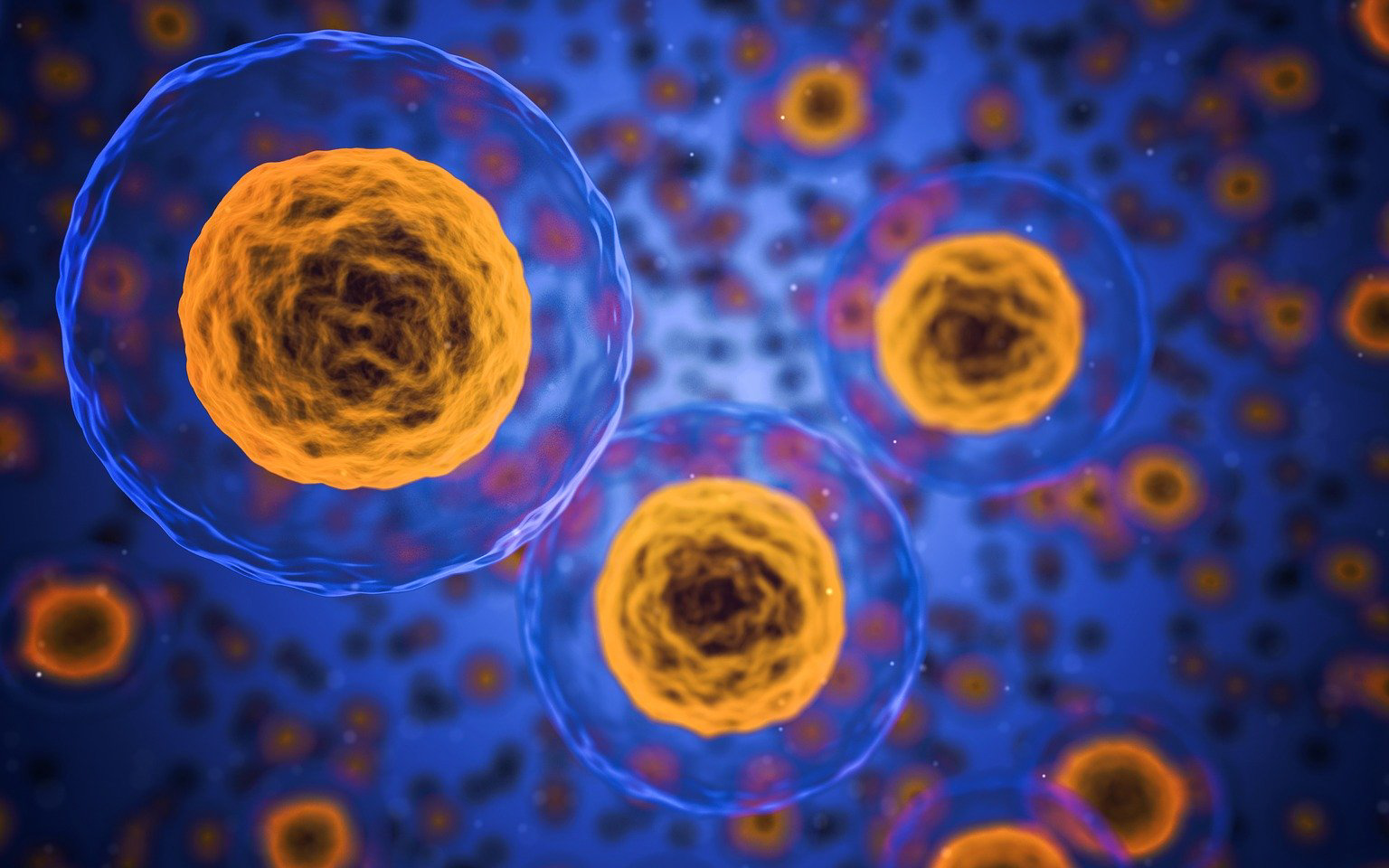
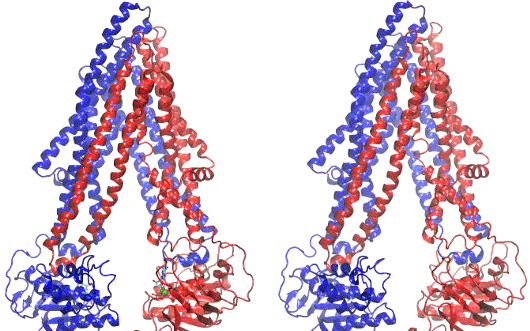
Dive into the chemical and physical nature of biological compounds and macromolecules, and the chemical processes that govern life.
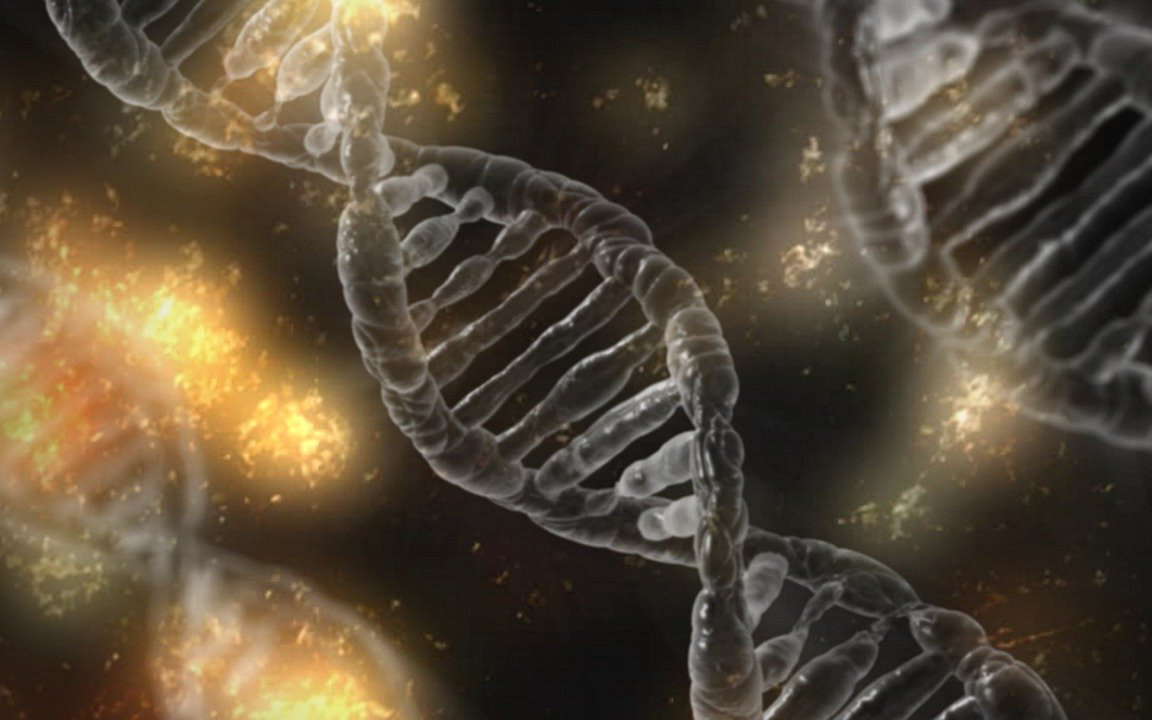
Discover how cells encode, express, and pass on genetic information.

Investigate the range of quantitative and other analytical techniques in biological theory and experimentation.
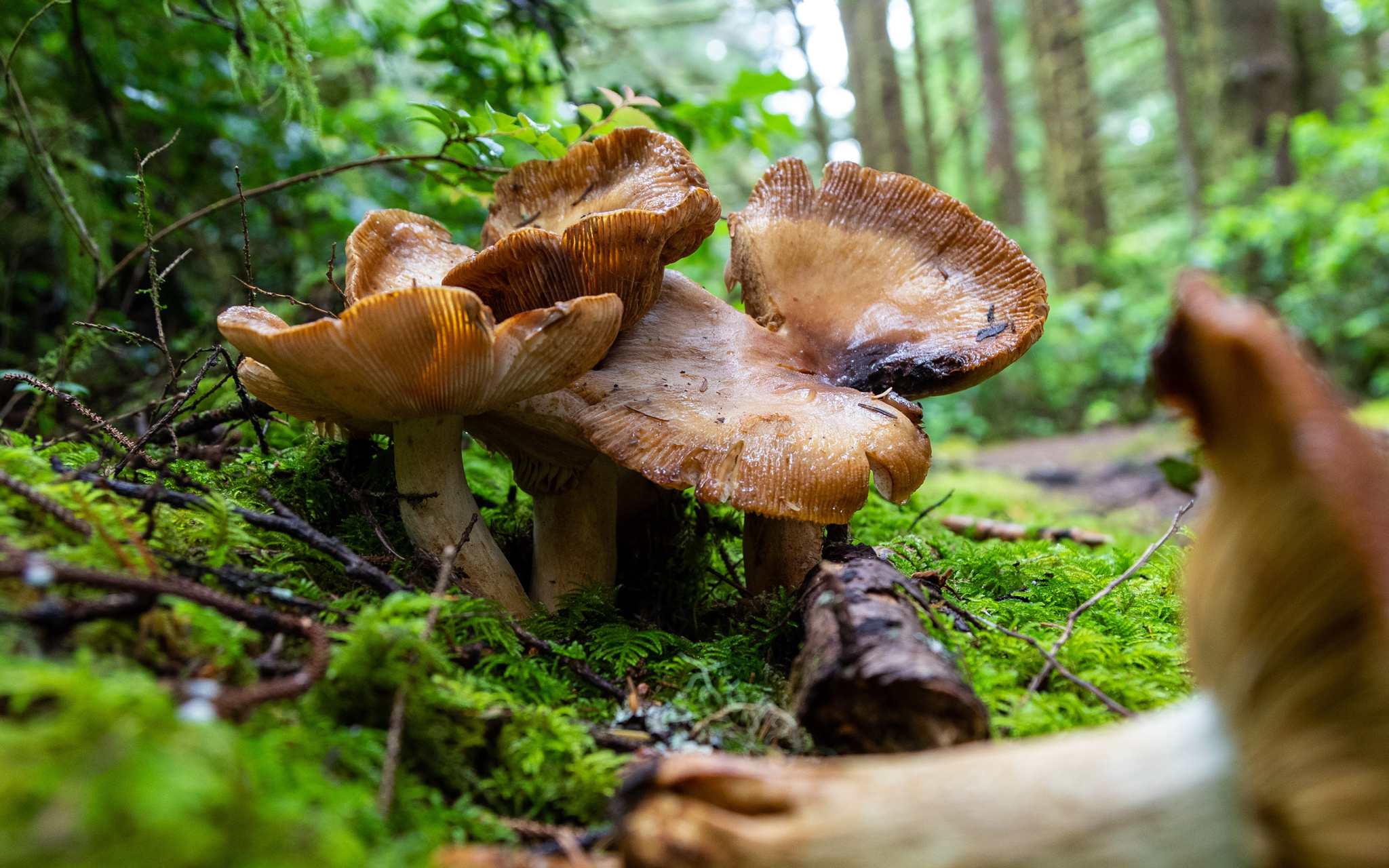
Discover the interactions between ecology and evolution, the impact of climate change, habitat fragmentation, invasive species, and other factors in biodiversity and ecosystem health.
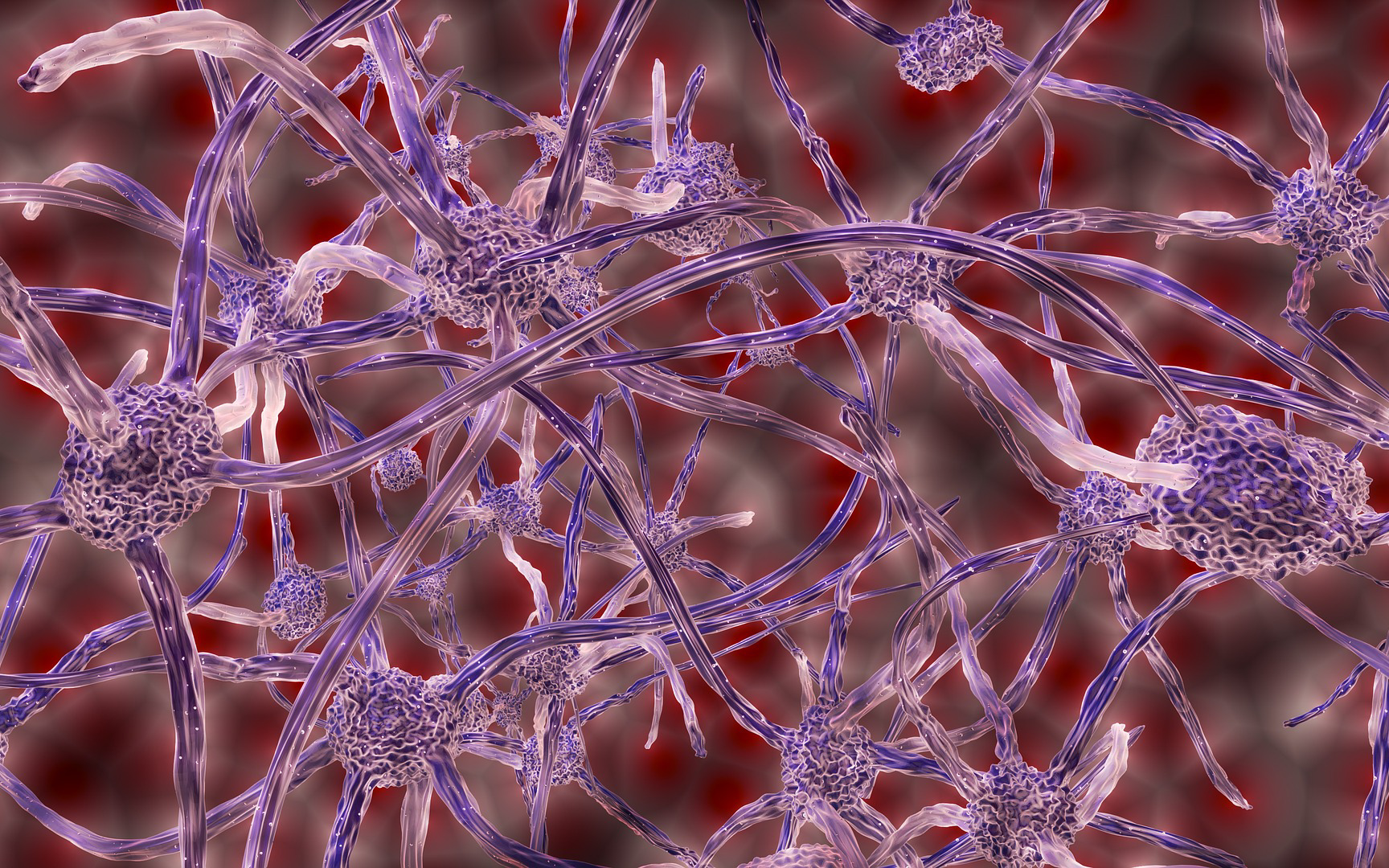
Learn the molecular, cellular, developmental, structural and functional aspects of nervous systems.
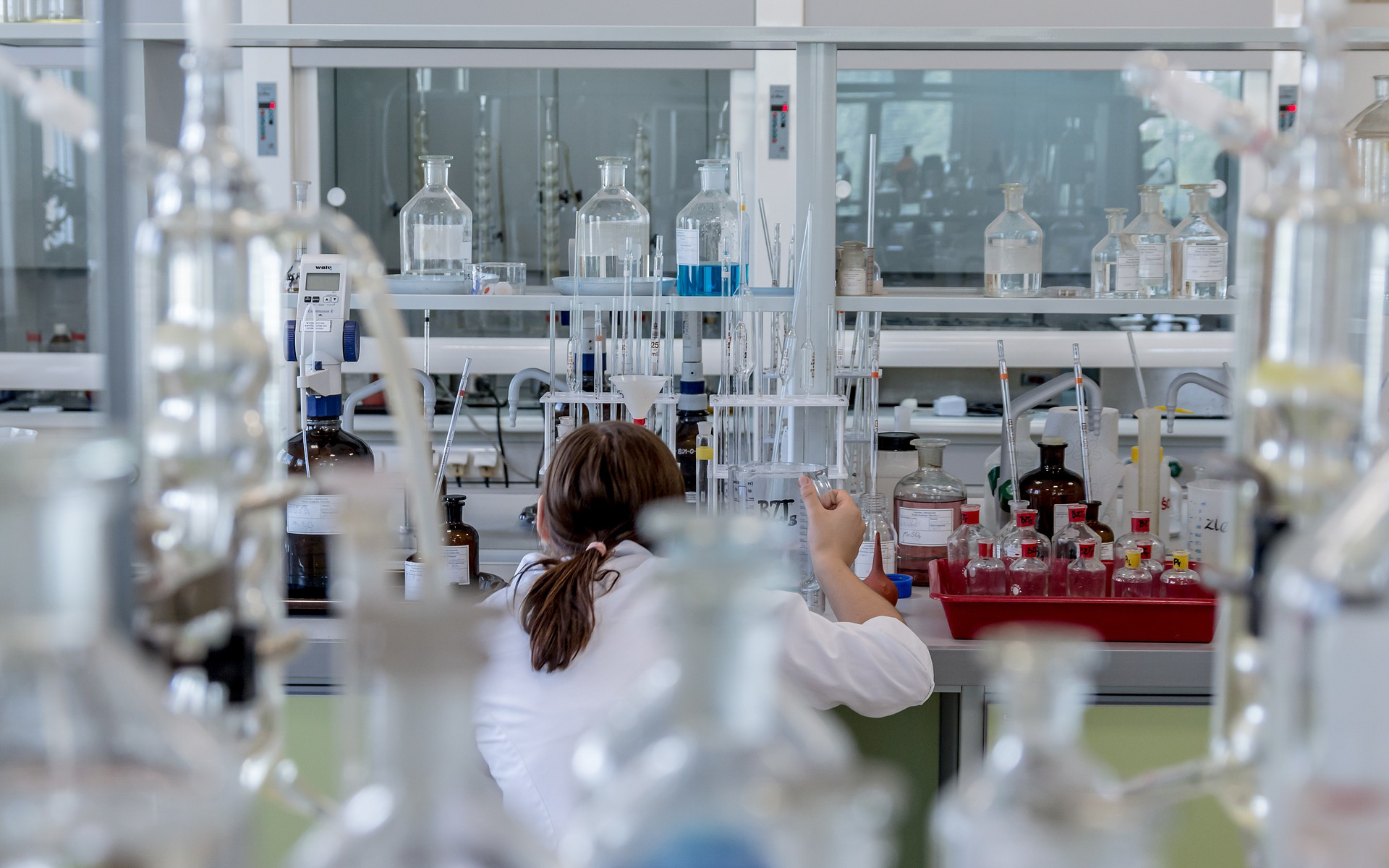
Interdisciplinary themes should be unique and distinct from already established concentrations. A student interested in this option should contact the Associate Director of the Program to discuss goals and appropriate courses.

Visit our concentration page to explore the possibilities.
Don't forget to check our opportunities page for new opportunities!